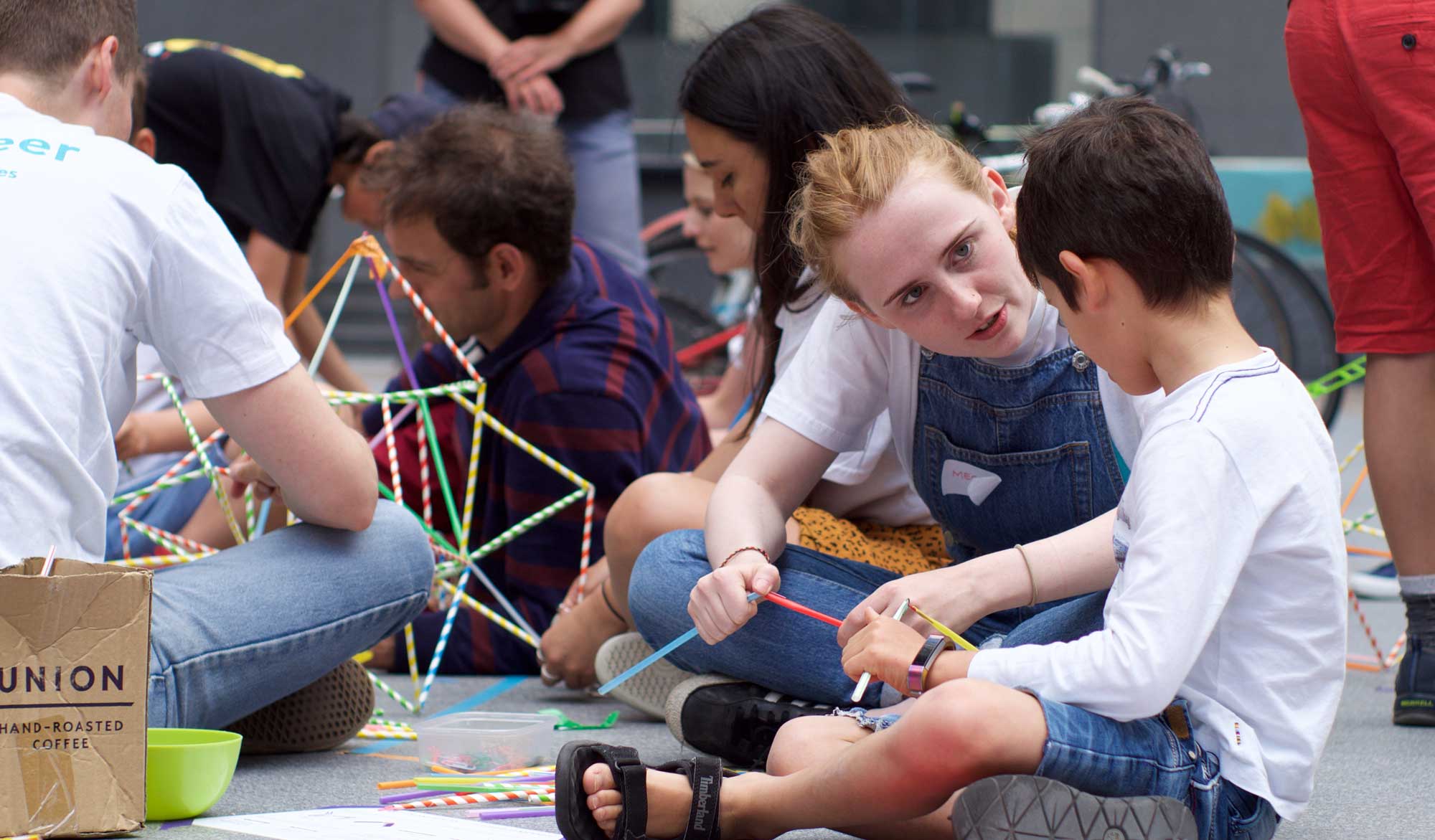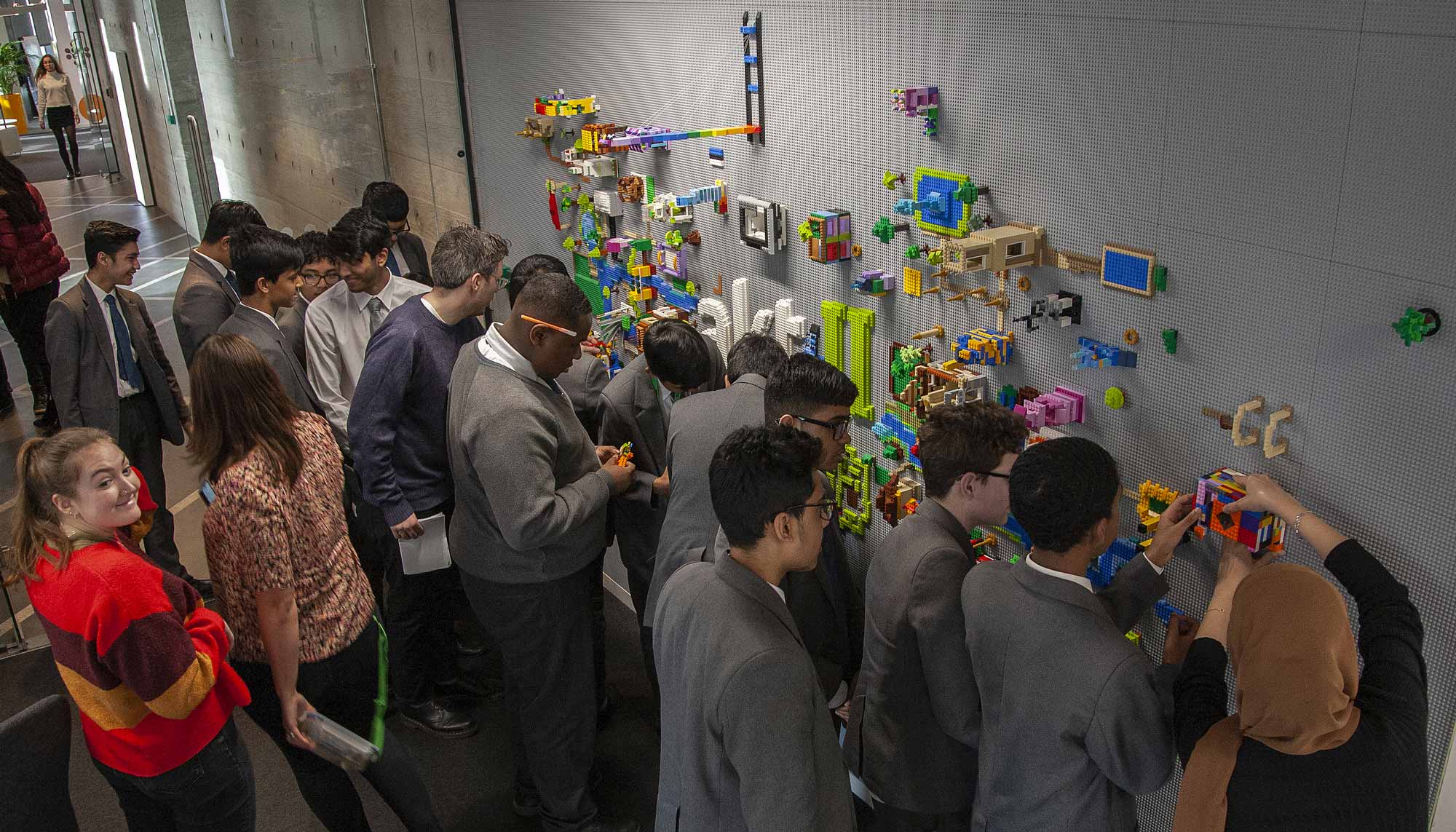Our engineering does not purely exist to solve the physical challenges of buildings or structures – it serves the needs of human societies. Our contribution to the built environment must be sensitive to the full gamut of socio-cultural influences, including climate, context, environment, culture, identity and purpose. There’s much to know, so we never stop learning.
There is no bigger or more pressing socio-cultural issue than the climate emergency. It touches every aspect of our world and every aspect of our work. It inspires discussions on a wide range of topics as diverse as resource use and social injustice. We have to deliver a sustainable built environment that promotes wellbeing for future generations.
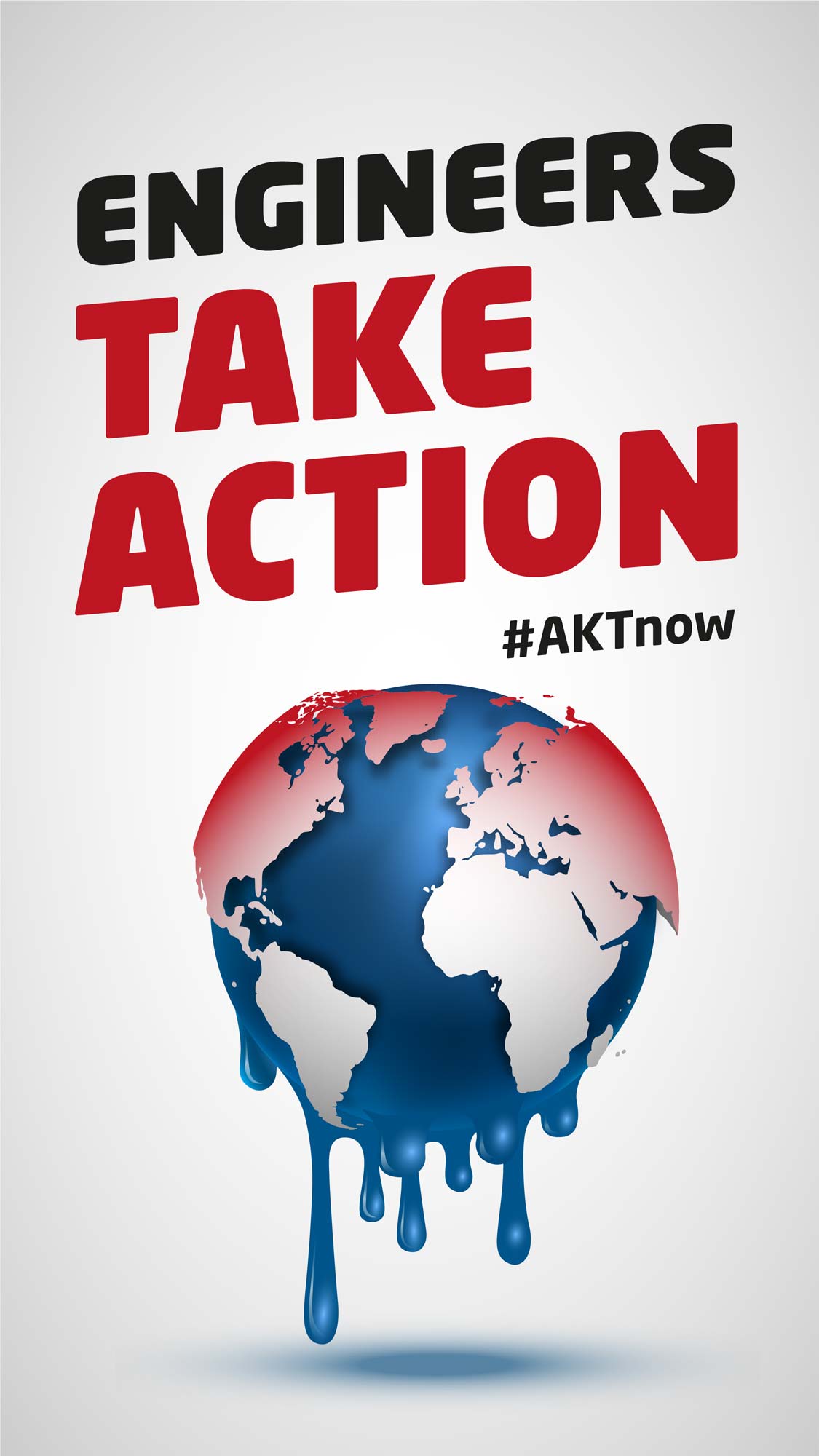
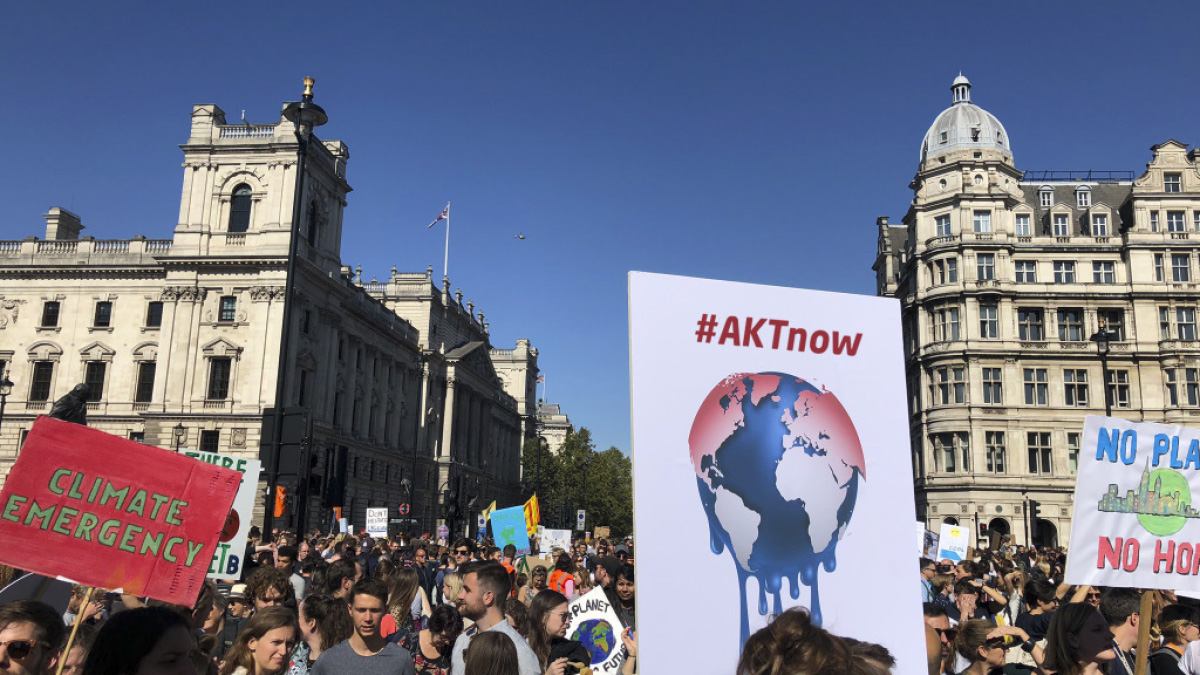
If we don’t intelligently and empathetically respond to the dominant socio-cultural factors of our time, our industry will become irrelevant. It is our responsibility to study and enrich our collective mindset beyond the world of science and embrace the broader and more human considerations of design. To improve our societies, we must approach problems as informed designers but also as worldly people with an appreciation of geography, history, politics, art, music and other visceral aspects of humanity. So, we actively engage in the ongoing socio-cultural debate as part of our external relationships agenda.
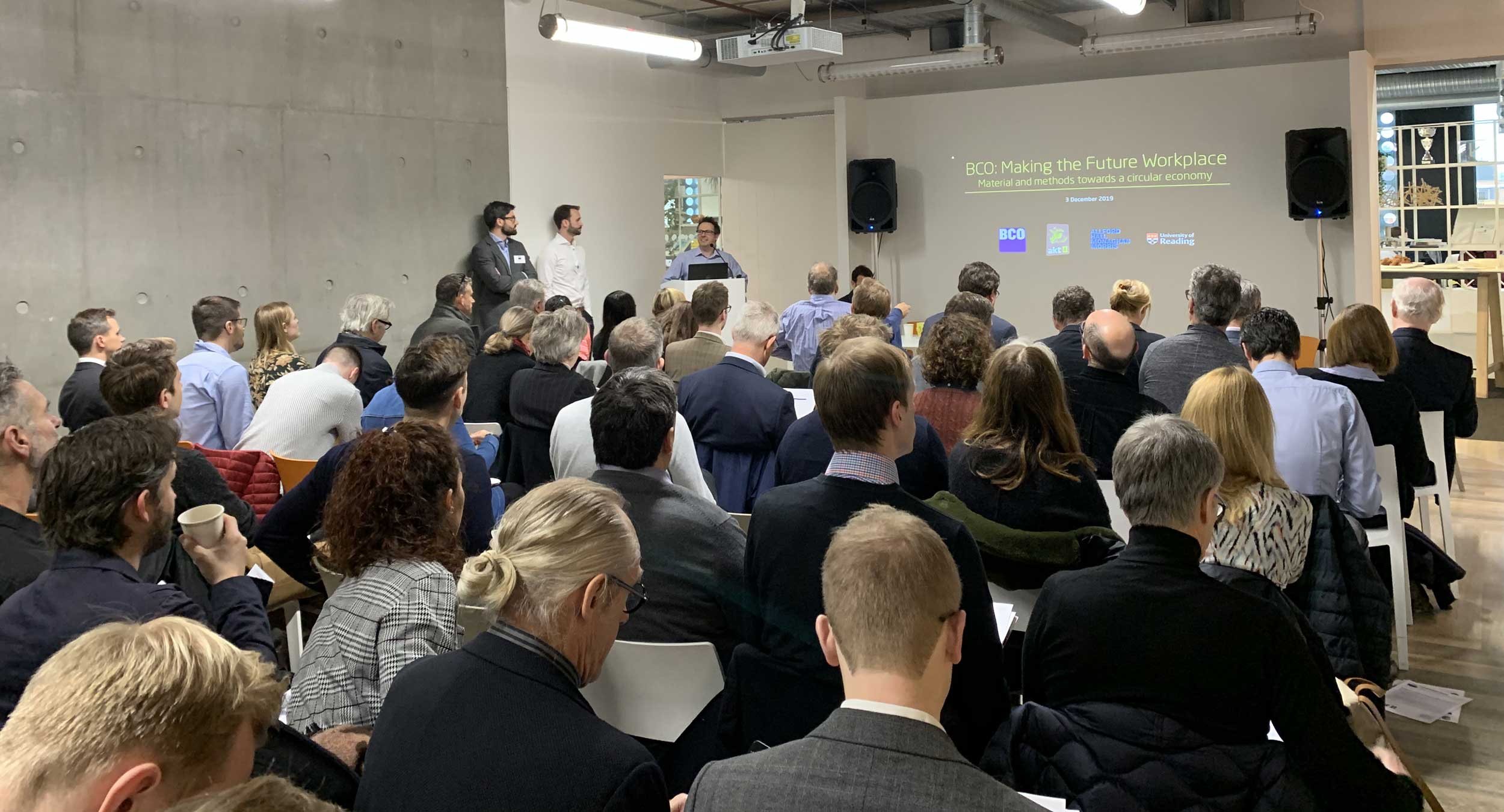
Through collaborations with academic and art & design institutions, we foster mutually beneficial relationships based on knowledge sharing, and we regularly host talks and lectures. Partners include Goldsmiths, Central Saint Martins, the Royal Academy, the Architecture Foundation, the V&A, the Design Museum, and the RSA.
We also connect with other practices that share our vision. And we reach out to new artists and architects who have a fresh take on the problems at hand.
To bring the debate back to the office, we instigate internal talks, forums, and projects focused on innovation. To ensure our learnings benefit all, we share our thoughts and findings through articles and publications.
